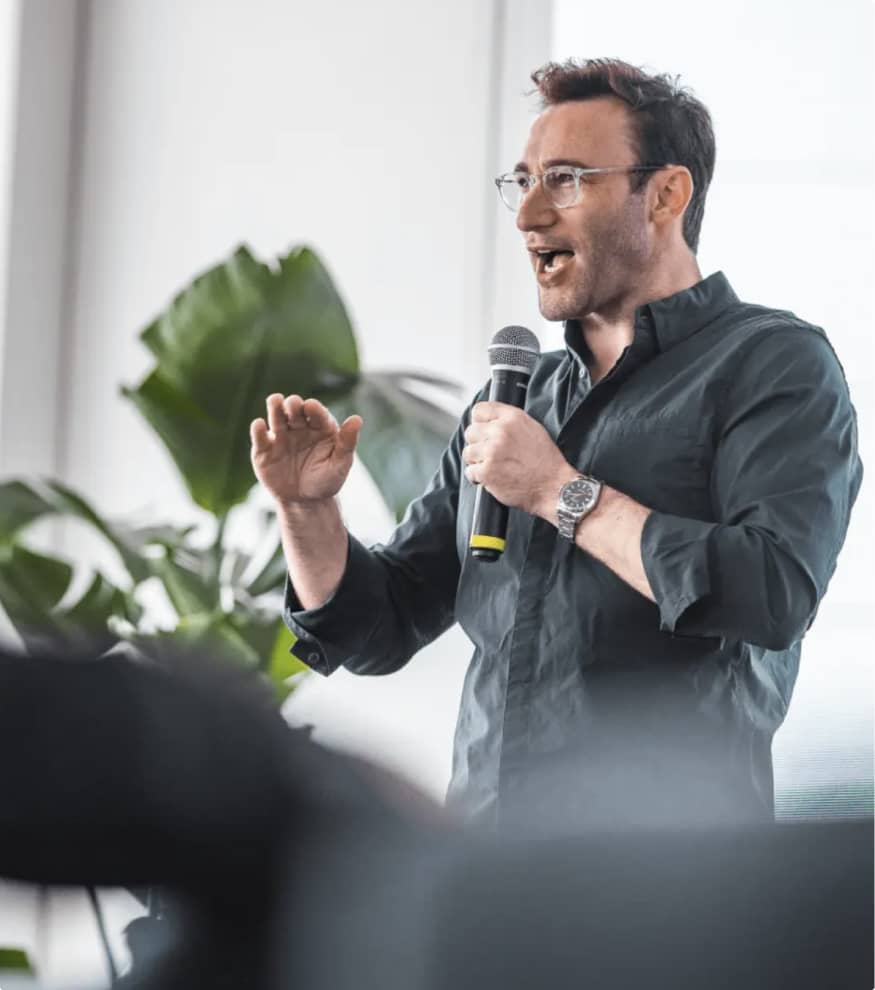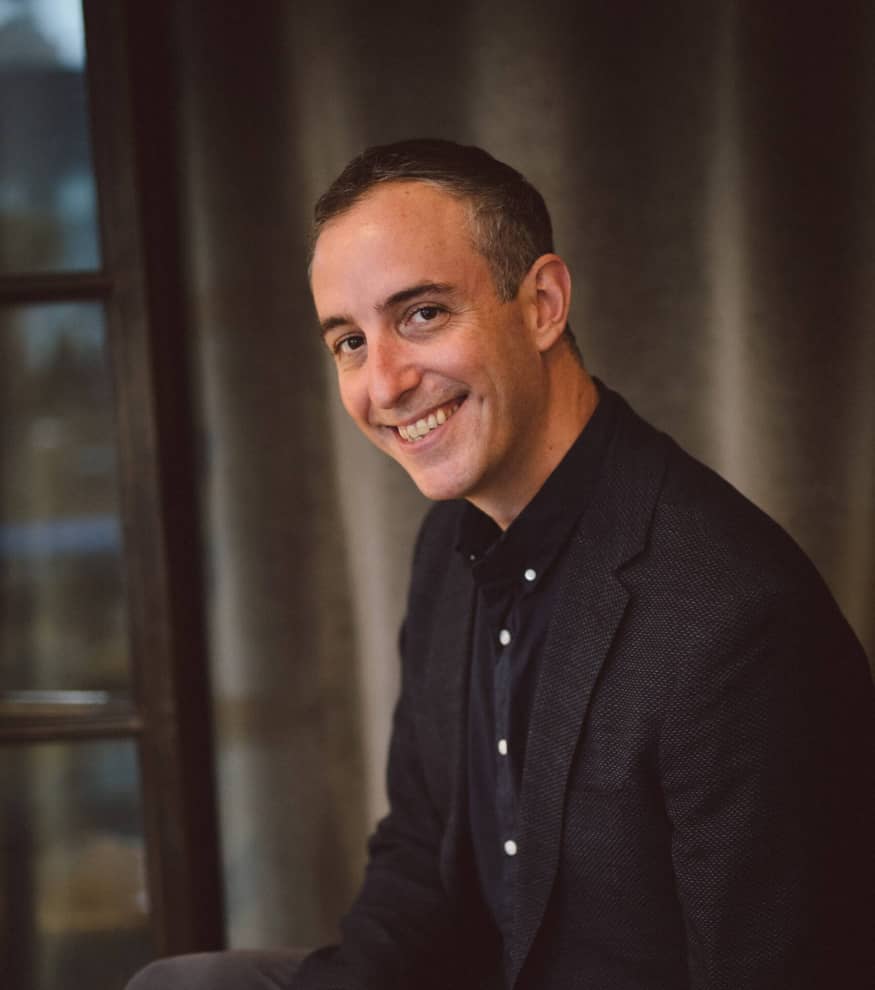Years ago, I was at a conference where a former U.S. Undersecretary of Defense was giving a talk. He was a man who’d held one of the highest offices in the country, responsible for thousands of lives and billions of dollars. He stood on stage, but his story wasn’t about power or strategy. It was about a cup of coffee.
He told us about the first time he attended that same conference while still in office.
He flew first class. Someone met him at the airport, carried his bags, and escorted him to the venue. Backstage, before he spoke, someone handed him a cup of coffee in a beautiful ceramic mug. He was treated with deference, respect, even a little awe. He was, after all, the Undersecretary of Defense.
A few years later, after he’d left office, he was invited back to the same conference. This time, he flew coach. No one met him at the airport. He carried his own bags. When he arrived backstage, he asked for a cup of coffee. Someone pointed to a coffee machine in the corner. He poured it himself, into a paper cup.
He paused, looked out at the audience, and said, “The ceramic cup was never meant for me. It was meant for the position I held. When I left that position, they gave the cup to the next person. The perks, the attention, the respect—they’re not for us. They’re for the seat we temporarily occupy.”
That story resonated with me. Because it’s so easy, especially as you climb the ladder, to start believing the perks are a reflection of your worth. The corner office, the fancy title, the invitations to speak—they feel good. But they’re not really for you.
They’re for the role you play, the responsibility you carry.
The real test of leadership is what you do when the perks are gone. When you’re pouring your own coffee into a paper cup, do you still show up with humility? Do you still serve? Do you still care about the people around you, even when there’s no applause?
His story reframed leadership as stewardship, not status. It reminded me that the job of a leader is to serve the people and the mission, not your own ego. The perks are fleeting. The impact you have on others… That’s what lasts.
Since then, whenever I find myself enjoying some privilege or recognition, I try to remember the ceramic cup. I ask myself: Am I using this moment to lift others up, or am I just enjoying the view? Am I building something that will outlast me, or am I just collecting perks that will disappear the moment I step aside?
The best leaders I know are the ones who never forget the paper cup.
They’re the ones who give away credit, take responsibility, and serve quietly, even when no one’s watching. They know that leadership is not about being in charge. It’s about taking care of those in your charge.
So, next time you’re handed a ceramic cup, remember: it’s not about you. It’s about the people you serve, and the legacy you leave behind.
And maybe, just maybe, the real mark of leadership is how you act when you’re holding the paper cup.












